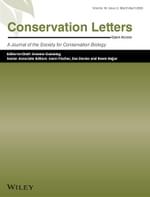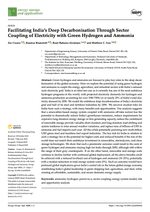Bank of England
Rafa Baptista, J Doyne Farmer, Marc Hinterschweiger, Katie Low, Daniel Tang and Arzu Uluc
View Journal Article / Working PaperThis paper develops an agent-based model of the UK housing market to study the impact of macroprudential policies on key housing market indicators. This approach enables the authors to tackle the heterogeneity in this market by modelling the individual behaviour and interactions of first-time buyers, home owners, buy-to-let investors, and renters from the bottom up, and observe the resulting aggregate dynamics in the property and credit markets. The model is calibrated using a large selection of micro-data, mostly from household surveys and housing market data sources. The papers authors perform a series of comparative statics exercises to investigate the impact of the size of the rental/buy-to-let sector and different types of buy-to-let investors on housing booms and busts. The results suggest that an increase in the size of the buy-to-let sector may amplify house price cycles and increase house price volatility. Furthermore, in order to illustrate the effects of macroprudential policies on several housing market indicators, they implement a loan-to-income portfolio limit. The authors find that this policy attenuates the house price cycle




